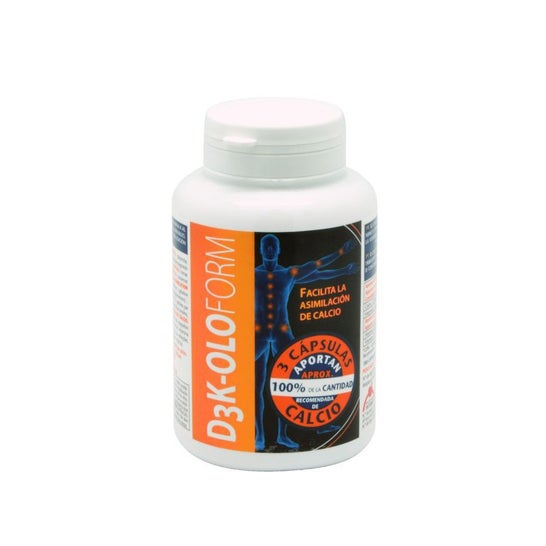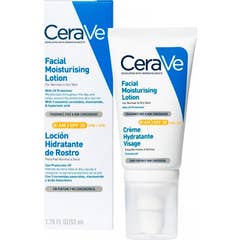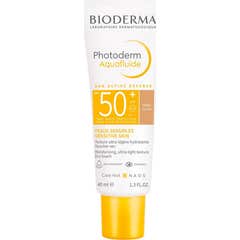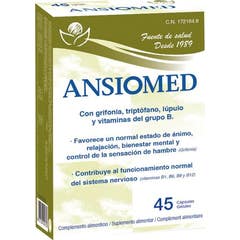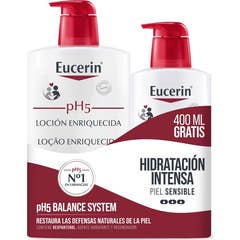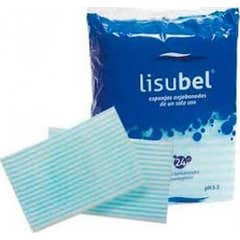This Intersa product is a valuable source for the body of important minerals such as calcium, magnesium, vitamin D and vitamin K2. These elements play an important role in the rapid absorption of calcium. The combination of active ingredients supports the proper functioning of the nervous system and the heart. Calcium contributes to the normal transmission of nerve impulses and to normal blood clotting. In the absence of vitamin D, the human body assimilates only about 15% of calcium and about 60% of phosphorus. Its deficiency in the body causes rickets. In the absence of vitamin K2, the mineralization processes in the bones are interrupted and part of the calcium accumulates in the blood vessels
The product is a food supplement and should not be used as a substitute for a varied diet.
